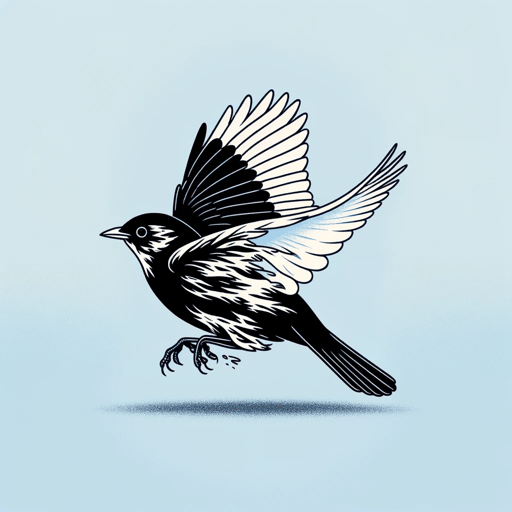60 pages • 2 hours read
Alice HoffmanBlackbird House
Fiction | Novel | Adult | Published in 2004A modern alternative to SparkNotes and CliffsNotes, SuperSummary offers high-quality Study Guides with detailed chapter summaries and analysis of major themes, characters, and more.
Important Quotes
“He’d say: I’ll never leave you. I’ll be with you for all time.”
(Chapter 1, Page 8)
This is what Isaac Hadley imagines his blackbird would say, and his thoughts foreshadow the bird’s continuous presence at the house. Although Isaac dies in the storm, the blackbird returns to Coral and refuses to leave the property. In fact, a white blackbird appears periodically on the premises for the next 200 years.
“And the next spring, when May arrived and the leaves were budding in shades of yellow and green, Coral realized that the blackbird had returned. It was some time before she recognized it, because the bird had turned entirely white. It sat in a branch of the big oak, where it could have easily been mistaken for a wisp of a cloud. It looked like something Coral could blink away, but it wouldn’t disappear. First the bird was on her roof, then it was at her window, and then, one morning, the white blackbird tapped at the door, and that was how she knew they were gone.”
(Chapter 1, Page 14)
This moment epitomizes the motif of the blackbird representing sorrow. As the bird gets progressively closer, Coral must confront the reality that her husband and sons died. This confrontation is necessary for her to mourn and move on, which is why the bird won’t disappear. As a result, this passage also develops the theme of Resilience Resulting From Adversity.
“The hill burned to cinders; it was indeed a blackbird’s hill, black as night, black as the look in Ruth’s eyes, black as the future that was assuredly hers.”
(Chapter 2, Page 25)
Following the fire that destroys Ruth’s home, this series of similes compares the appearance of the scorched hill to all things black: night, Ruth’s eyes, and the future. Each comparison is progressively more complex. Night is often associated with darkness on a literal level, like the color of Ruth’s eyes. However, the last simile implies that the blackness represents doom and sorrow: To say that her future is black is ominous and threatening, as if a storm or difficulties lie on the horizon.
Related Titles
By Alice Hoffman

Green Angel
Alice Hoffman

Half Magic
Edward Eager, N. M. Bodecker, Alice Hoffman
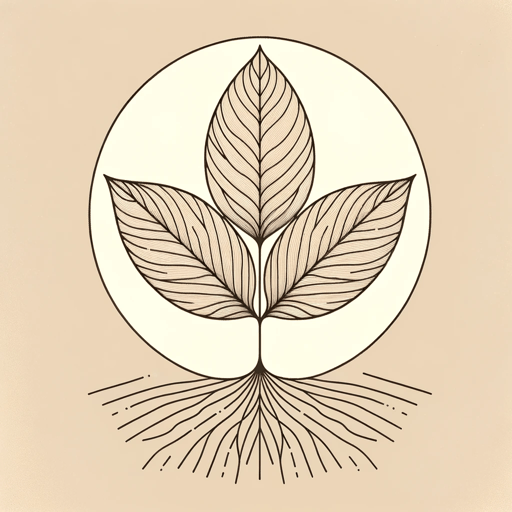
Incantation
Alice Hoffman

Local Girls
Alice Hoffman

Nightbird
Alice Hoffman
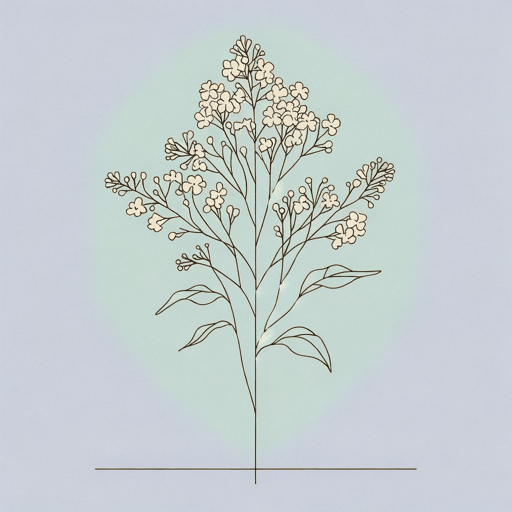
Practical Magic
Alice Hoffman

The Dovekeepers
Alice Hoffman
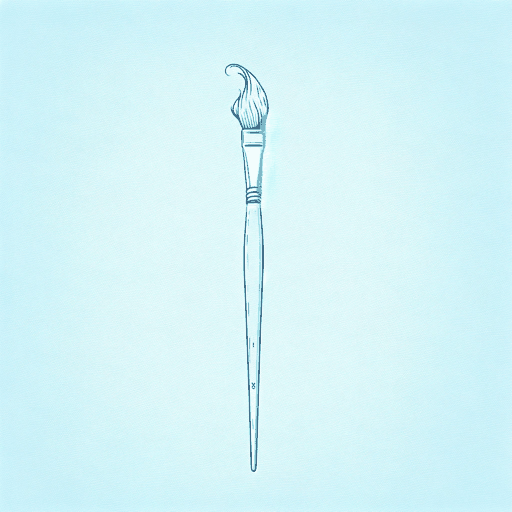
The Marriage Of Opposites
Alice Hoffman

The Museum of Extraordinary Things
Alice Hoffman

The River King
Alice Hoffman
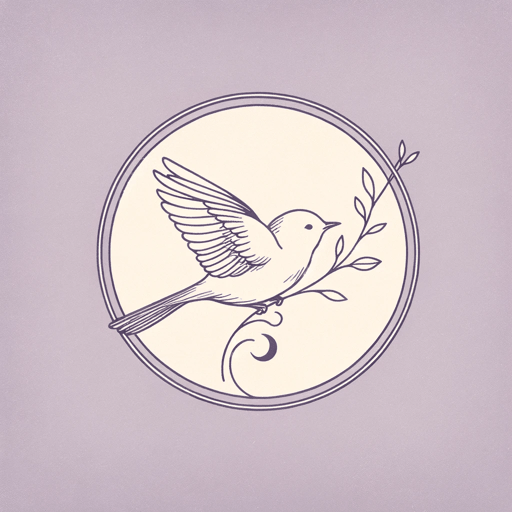
The Rules of Magic
Alice Hoffman

The World That We Knew
Alice Hoffman
Featured Collections
Appearance Versus Reality
View Collection
Beauty
View Collection
Family
View Collection
Fate
View Collection
Good & Evil
View Collection
Grief
View Collection
Jewish American Literature
View Collection
Magical Realism
View Collection
Mortality & Death
View Collection
The Past
View Collection
Valentine's Day Reads: The Theme of Love
View Collection
